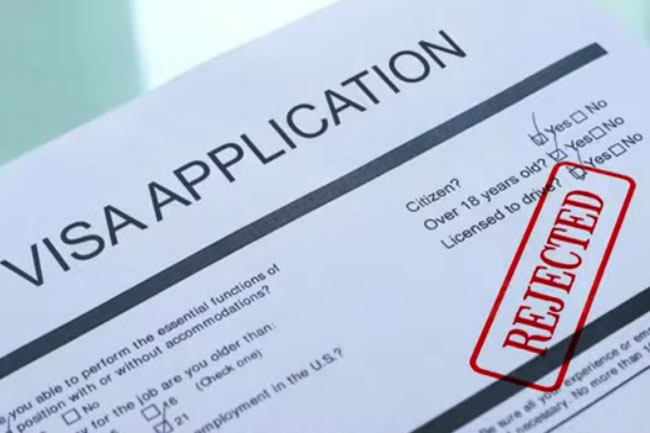Dr Abul Rizvi considers whether the PM’s new visa agreement with China will "open the floodgates".
THE NEW VISA AGREEMENT jointly announced by Prime Minister Albanese and his Chinese counterpart has sent some media outlets into a frenzy about this "opening the floodgates".
Given current record levels of net migration and the political fallout from this, would Albanese really have signed up to a visa agreement that would further drive up net migration?
The Sydney Morning Herald reports on this agreement a bit more soberly, saying it will 'provide access to three to five-year multi-entry visas for visitors and business people on a reciprocal basis'. The details of the new agreement will be worked out bi-laterally but it is likely to be a response to business people in both Australia and China expressing frustration at the length of visitor visa processing, and possibly also high refusal rates.
In considering the impact of this agreement on net migration, it is important to note two things:
- net migration counts long-term and permanent people movements where an arrival remains in Australia at least 12 months out of 16 (minus departures of such people); and
- the length of validity of a visa and the maximum length of stay permissible are two different things — a visitor visa can be valid for many years but usually only allows a maximum length of stay of three months.
Thus if the people taking up this agreement abide by visa conditions, they would likely have zero impact on net migration.
Hardly a flood.
It is common for prime ministers and foreign ministers to make announcements about new visa agreements when meeting their overseas counterparts. These capture immediate headlines but the details have to then be worked out by officials.
Australian immigration officials will be very wary of committing to any provisions that lead to high levels of non-compliance or drive up net migration by allowing people holding these visas to extend their stay beyond three months. This is especially the case given the large contribution of visitors to net migration in 2022, due to extended stays.
Inevitably, the details of these agreements take time to resolve unless they are based on existing arrangements with other nations. Australia currently has a long-validity short-stay visitor and business visitor visa. This is known as the "frequent visitor stream" and allows eligible passport holders 'who travel often to Australia to enter Australia for tourism or business or personal purposes ... This visa might be granted with a validity period of up to ten years. Applications can only be made online'.
It is highly likely that Immigration officials will use this as the basis of this new agreement with China.
Dr Abul Rizvi is an IA columnist and a former Deputy Secretary of the Department of Immigration. You can follow Abul on Twitter @RizviAbul.
Related Articles
- Reducing the number of visas is not the way to fix visa system
- Visa lottery: Solution in search of a problem
- New pathway to permanent migration encourages gaming of visa system
 This work is licensed under a Creative Commons Attribution-NonCommercial-NoDerivs 3.0 Australia License
This work is licensed under a Creative Commons Attribution-NonCommercial-NoDerivs 3.0 Australia License
Support independent journalism Subscribe to IA.














